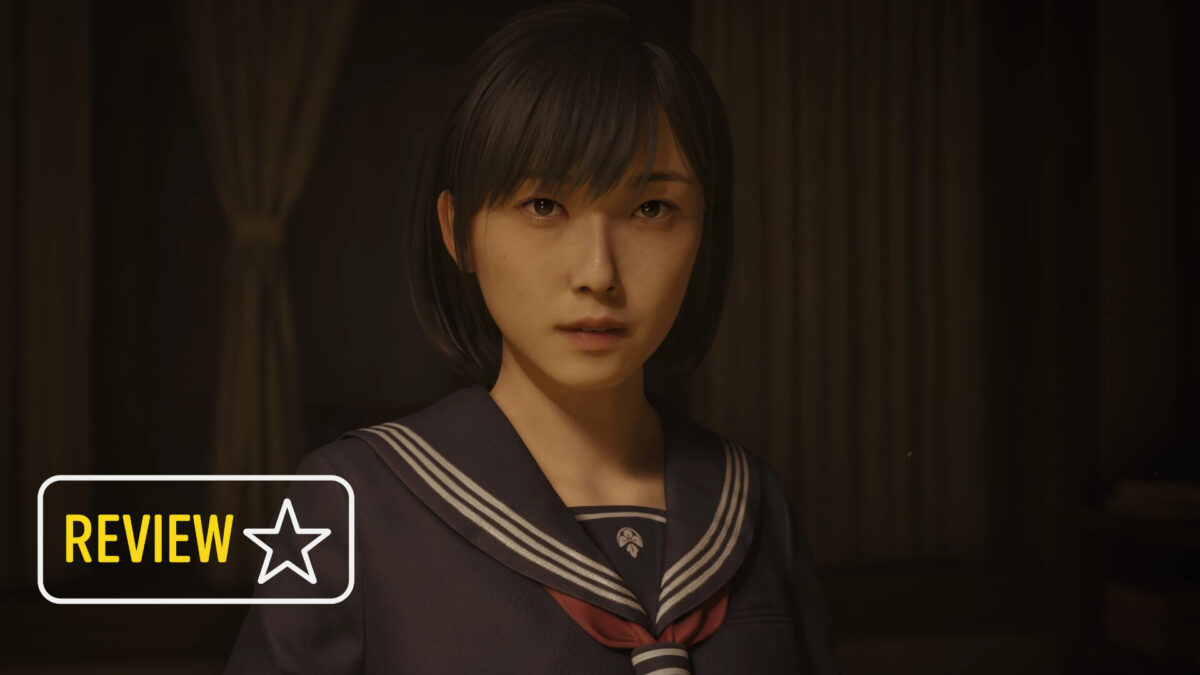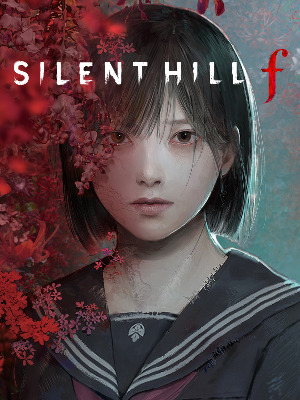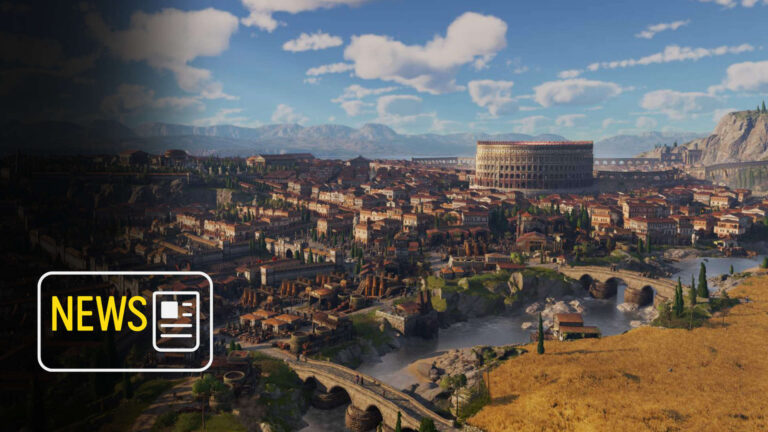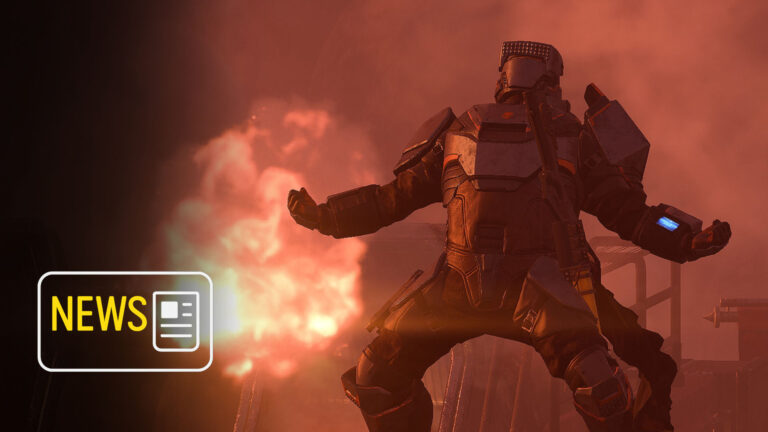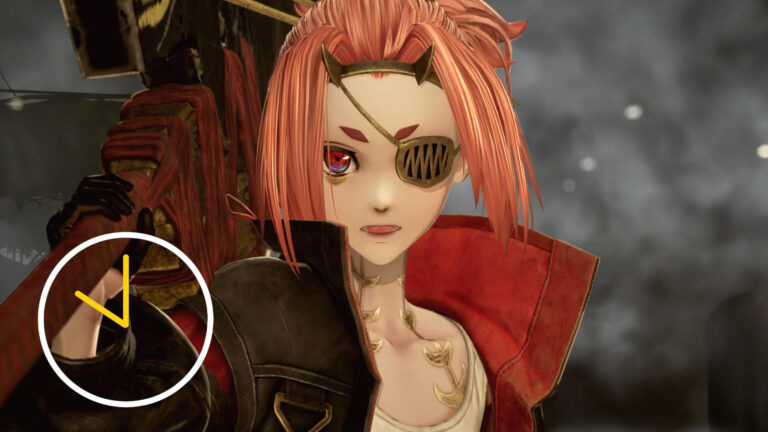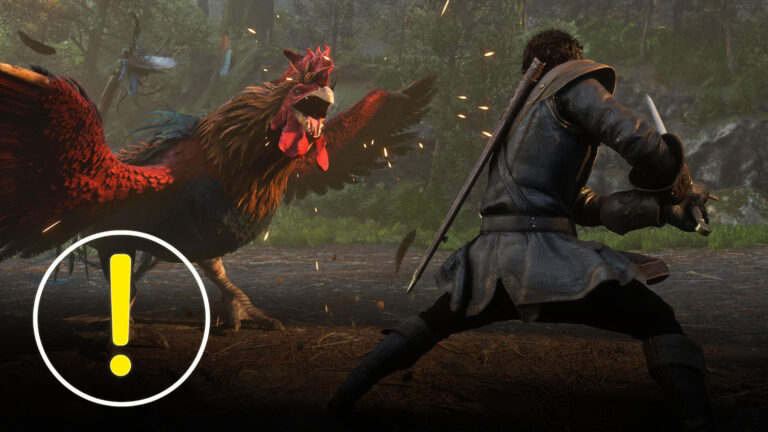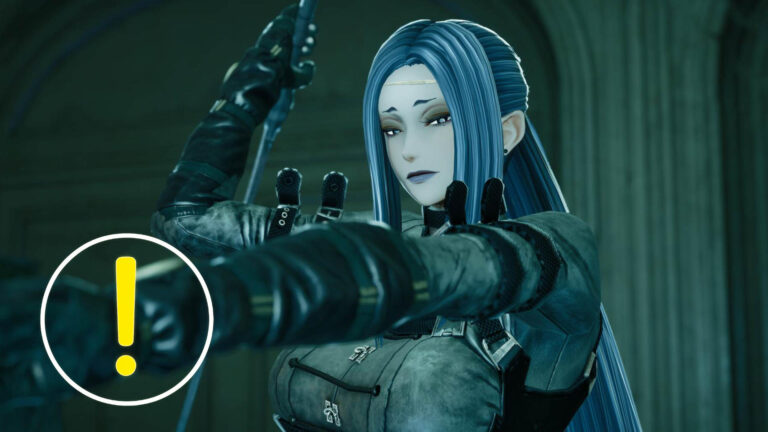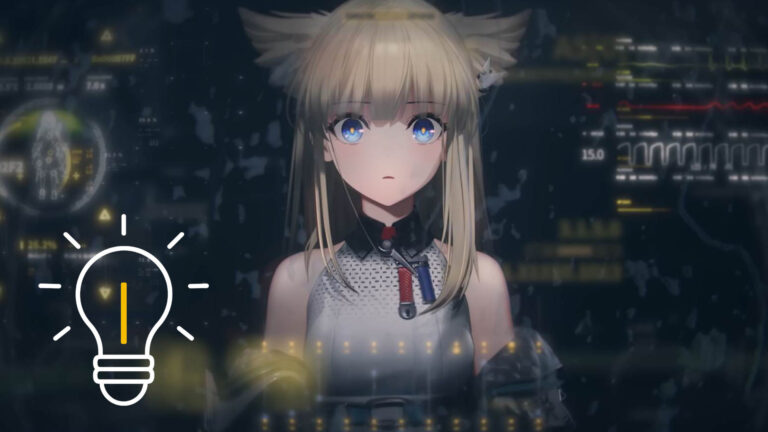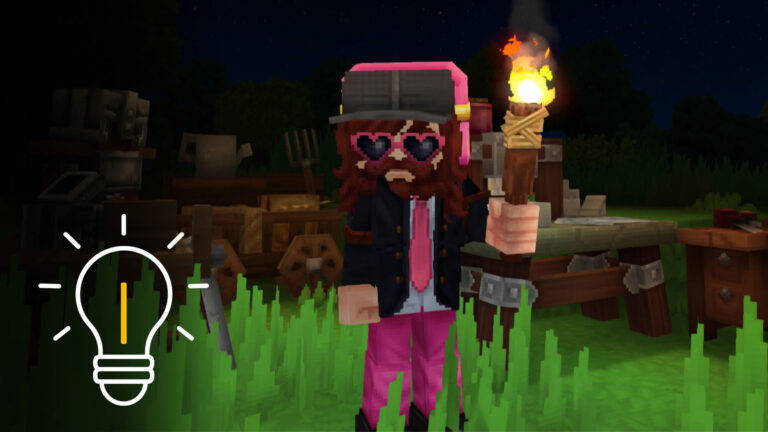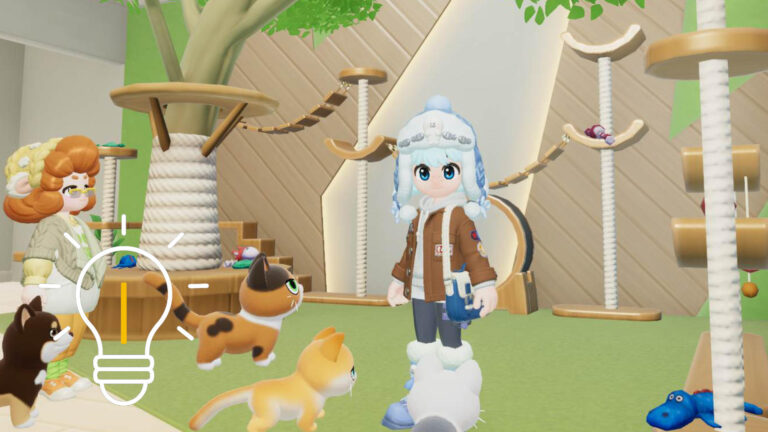With Silent Hill f, Konami delivers the first new entry in the series in more than a decade. Early reviews suggest the gamble has paid off – at least for the most part.
Silent Hill f marks a new chapter for Konami’s horror franchise: instead of the iconic American small town, this story unfolds in 1960s Japan. According to most critics, developer NeoBards has crafted a strong comeback, thanks to its heavy atmosphere, layered protagonist, and grim, psychologically charged storyline – despite shortcomings in the combat system.
Review: What’s our verdict on Silent Hill f?
We’ve already spent plenty of time with Silent Hill f ourselves – and we’re impressed. This latest entry is a bold, successful reboot. Its thick atmosphere, unusual setting, and narrative depth make it one of the strongest horror games in years. Silent Hill f builds slowly, poses more questions than it answers, and leans on psychological horror, cultural symbolism, and intimate character portraits. There are no cheap jump scares here – every grotesque creature is carefully designed and deeply tied into the lore.
Unlike most of the reviews mentioned below, we actually found the new combat approach refreshing. The focus system and its psychological layer give the game a distinct identity that clearly separates it from past entries. The battles are intentionally uncomfortable, forcing players to weigh their choices carefully.
- Our score: 4 out of 5 stars
What that means for you: If you’re looking for dense psychological horror with narrative weight, Silent Hill f delivers. If you were hoping for a more action-driven approach, you’ll need to adjust expectations. What remains is a strong comeback that breaks new ground and feels both bold and necessary for the series’ future.
Silent Hill f: Key facts
Genre: Survival horror
Platforms: PS5, PC, Xbox Series X/S
Release: September 25, 2025
Silent Hill f: Review scores
- SPACE4GAMES: 4 out of 5 stars
- Metacritic score: 85/100 (as of September 22, 2025)
- Eurogamer: 80
- GamePro: 80
- IGN: 7 / 10
- GameStar: 73
- PC Games: 10 / 10
Review Round-up: What other critics say
The fictional mountain village of Ebisugaoka serves as the new setting for horror. According to IGN, it offers a culturally rich backdrop with rice fields, temples, and weathered houses – a very different, yet atmospheric take on Silent Hill. PC Gamer praises the exploration of abandoned alleys, the subtle sense of being watched, and the many hidden lore clues. The eerie parallel world – a suffocating shrine district – complements reality with mystical symbolism and surreal tension.
Polygon highlights how strongly the game leans into storytelling across two worlds. Players explore both Ebisugaoka and its parallel dimension, with the lines between reality and madness increasingly blurring.
Hinako: Between trauma and survival
At the center is student Hinako Shimizu, struggling with social expectations, family pressure, and mental strain. According to GameStar, NeoBards succeeds in telling her story convincingly through subtle dialogue, cryptic letters, and symbolic scenes. Her relationships with friends like Shu, Rinko, and Sakuko gradually shift – from harmless banter to escalating conflict. PCGames notes that these psychological tensions ground the horror in reality. IGN praises the way themes such as abuse, gender roles, and identity loss are portrayed.
Puzzles with purpose
The puzzles earn especially high marks. PC Gamer calls them “challenging but fair,” often telling their own mini-stories while weaving in cultural references like traditional calendars, masks, or scrolls. GameStar describes them as “seamlessly integrated” and highlights the diary and map mechanics that record clues and encourage exploration. Polygon adds that a second playthrough unlocks fresh puzzle content and new contexts – including alternate endings.
Combat with caveats
The complex melee system is the biggest sticking point among reviewers. Weapons like pipes, knives, and sickles degrade over time and need repairs. Hinako has stamina and focus meters, can dodge, counter, or unleash charged attacks. IGN complains that the system feels like “more management than fun” – many fights feel sluggish, lack impactful feedback, feature clunky animations, and suffer from camera issues in tight spaces.
GameStar points to “dragging action segments” that become more frequent later in the game. Polygon also notes that enemy AI is easily exploited – many monster types can simply be avoided. Heise, however, praises how combat is deliberately designed around survival rather than confrontation: often, running away is the better option. Still, they agree that the balance between combat, escape, and exploration doesn’t always hold up.
Technically solid, artistically strong
Visually, Silent Hill f shines most through its art direction: red spider lilies, creepy dolls, deformed scarecrows, and grotesque flesh creatures create nightmarish imagery. The soundtrack – by Akira Yamaoka and Kensuke Inage – blends traditional Japanese instruments with dissonant horror tones. Polygon calls the sound design “outstanding,” amplifying the psychological impact of many scenes. GameStar reports minor technical hiccups on PS5, including framerate dips during the late game.
Replay value through alternate endings
One playthrough isn’t enough to fully grasp Silent Hill f. Nearly every review emphasizes that a second run – the so-called New Game+ – unlocks new dialogues, puzzles, and story elements. Polygon notes four additional endings that offer fresh perspectives on Hinako’s fate. GameStar was also surprised by the replay value: the second playthrough is shorter but narratively rewarding.
Sources: GameStar, IGN, Polygon, PC Gamer, PCGames, Heise.de, Metacritic
No related articles found.

